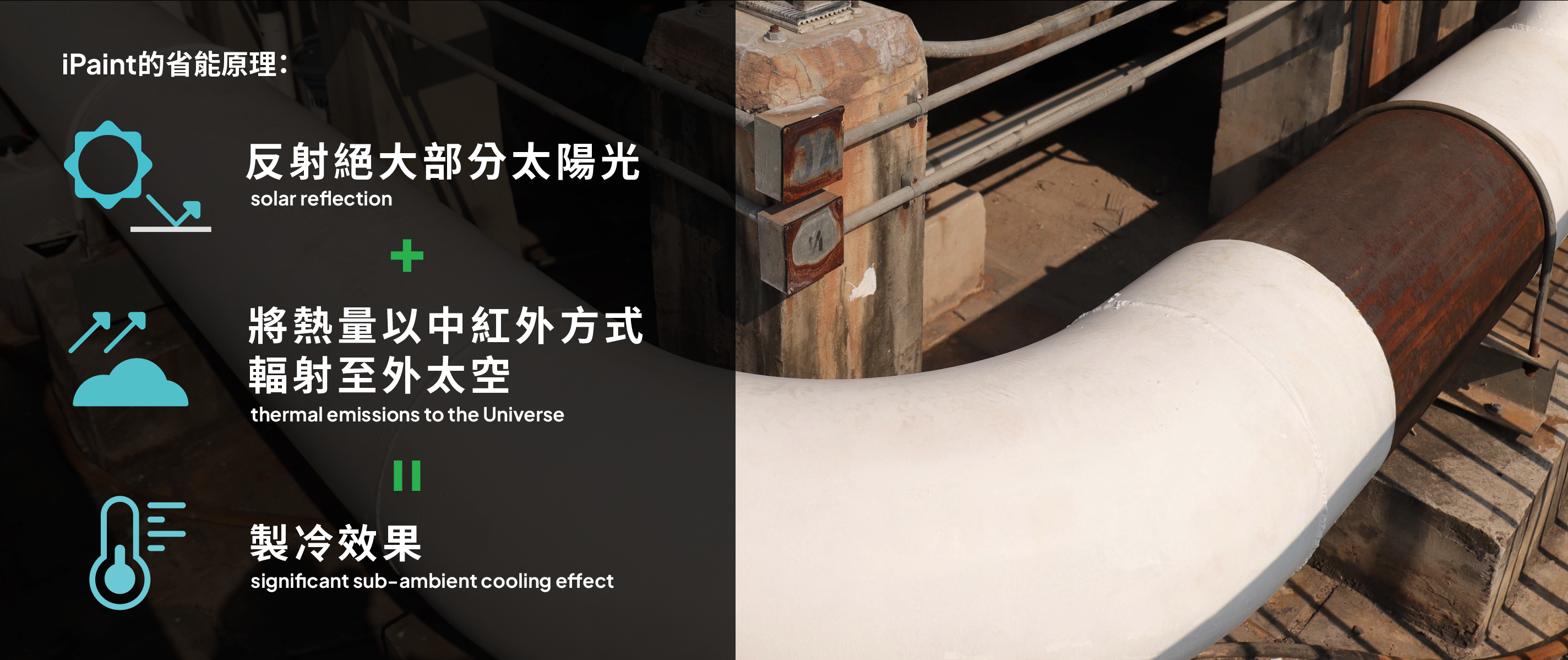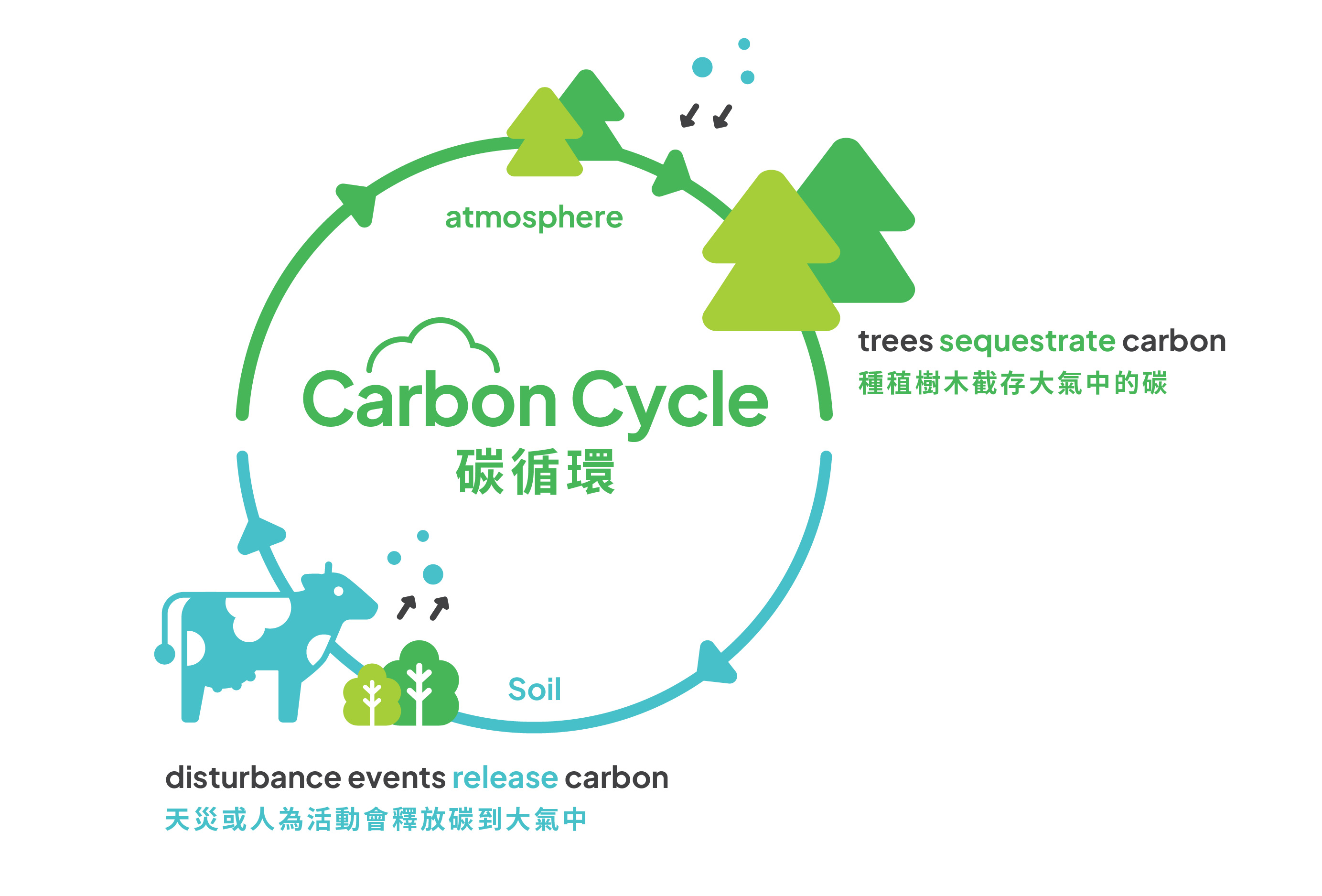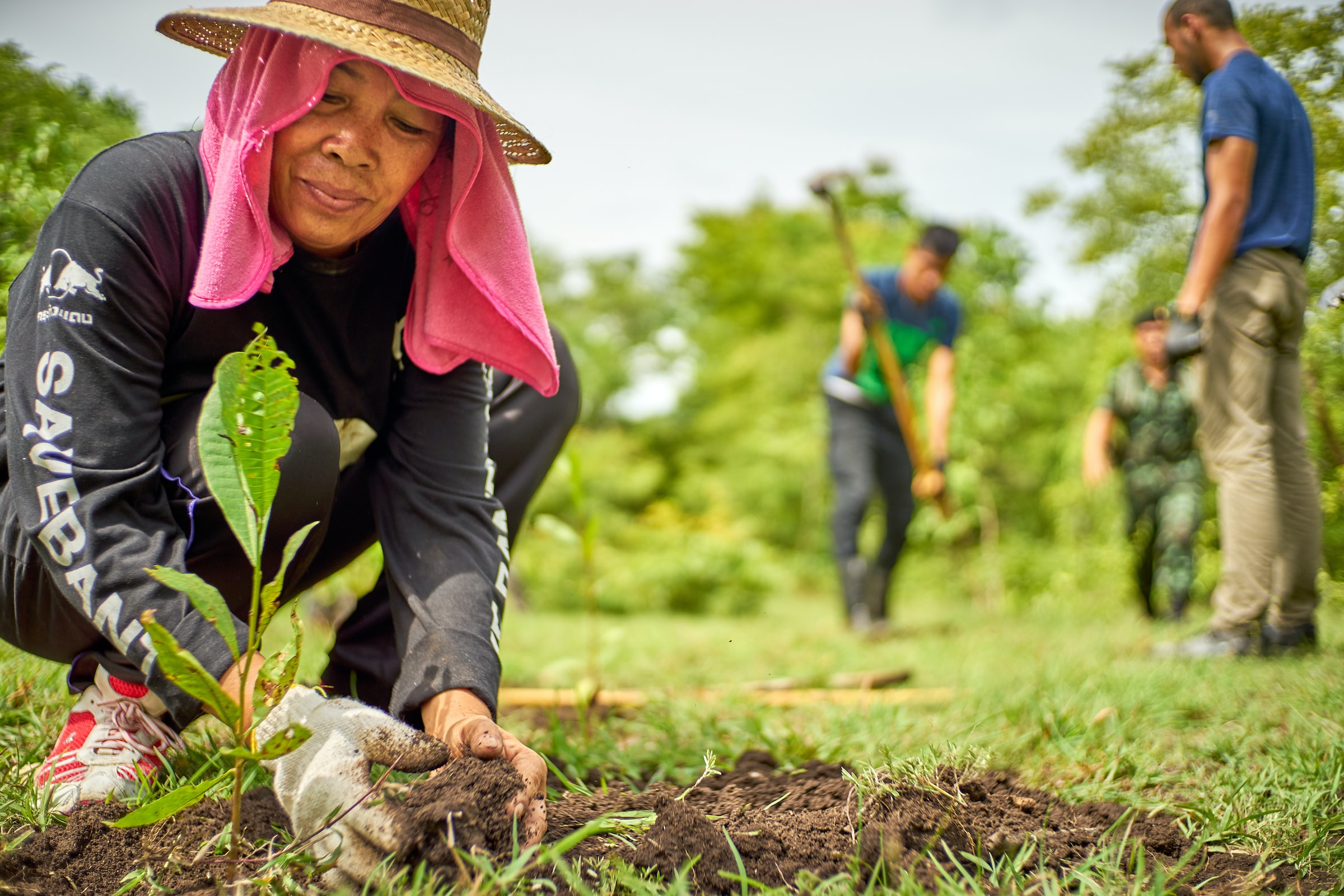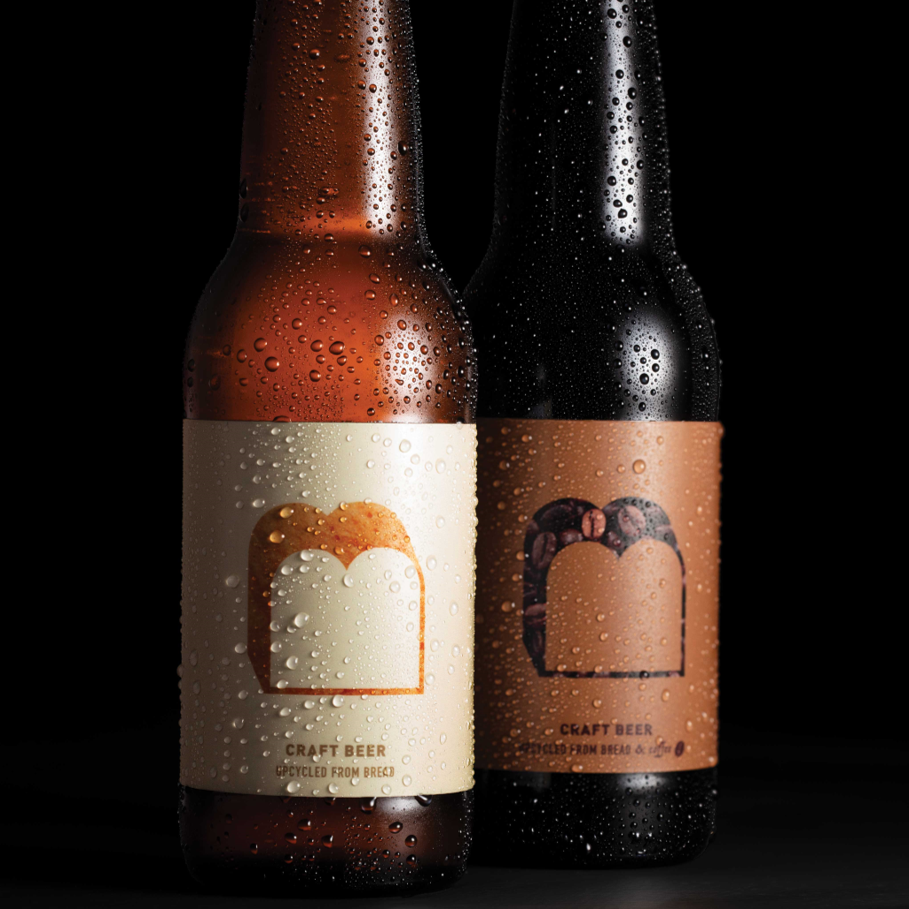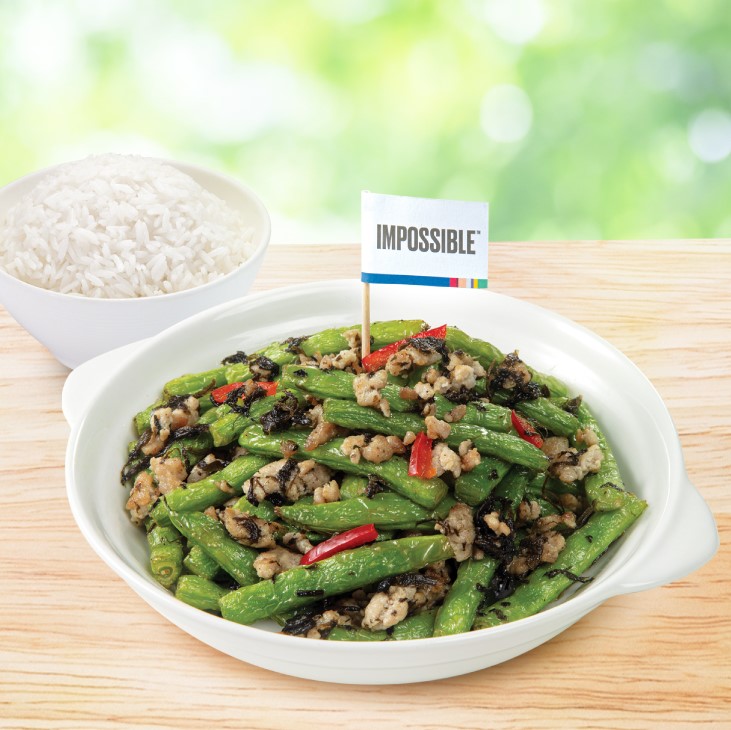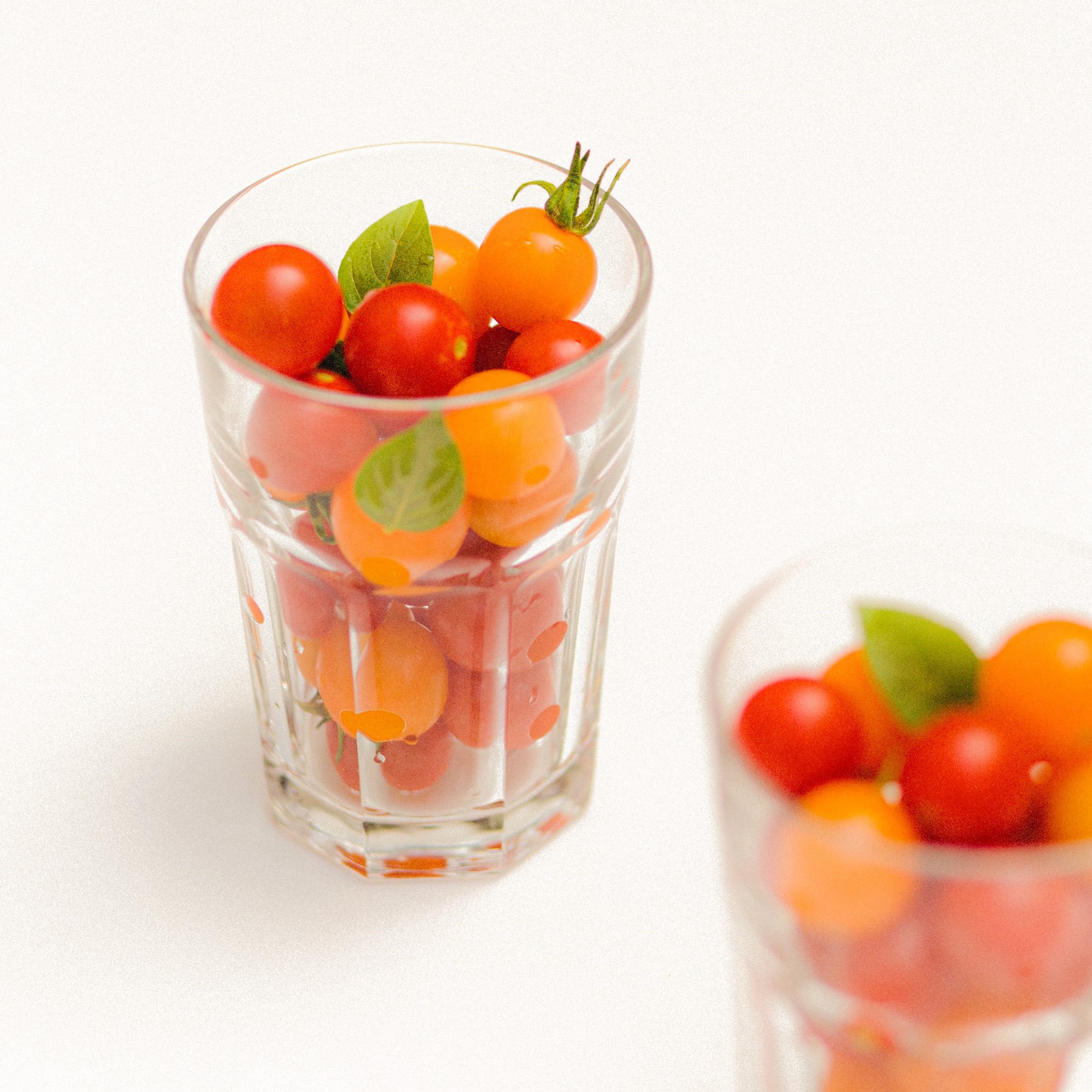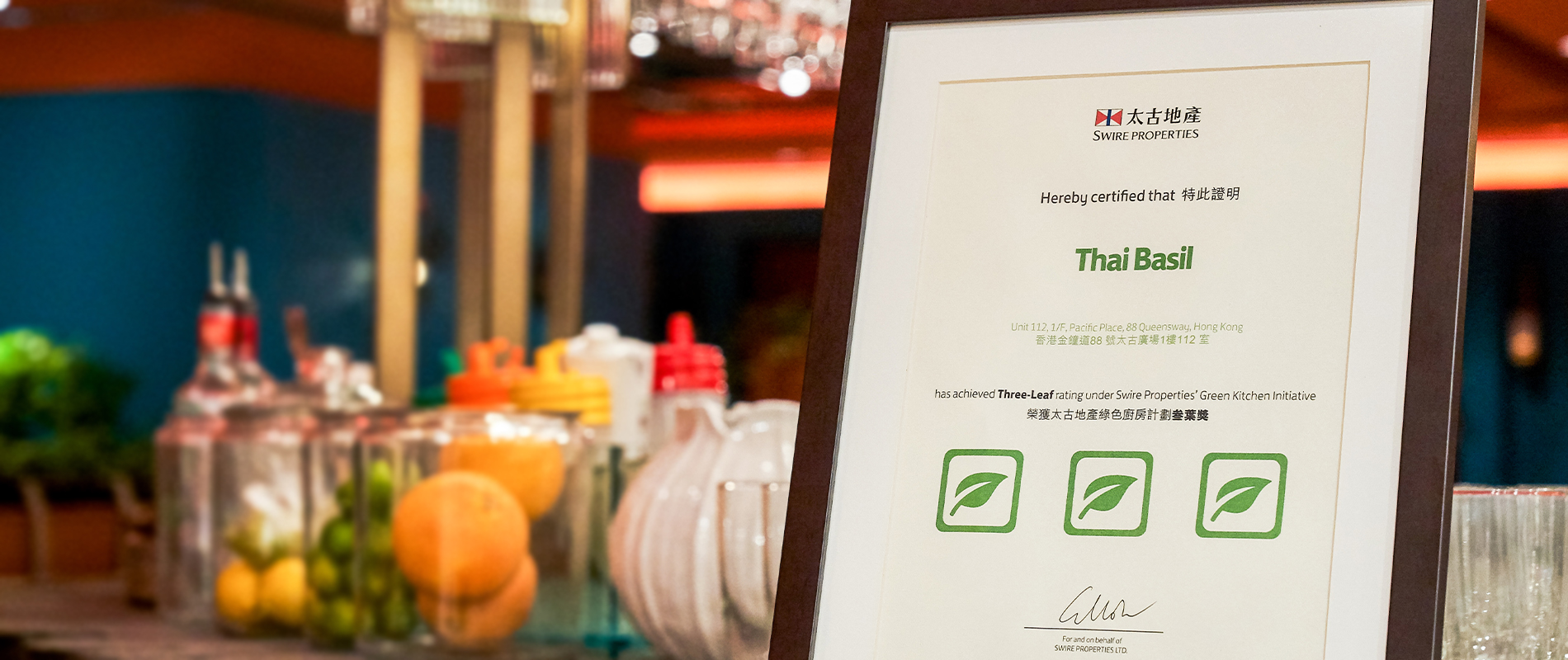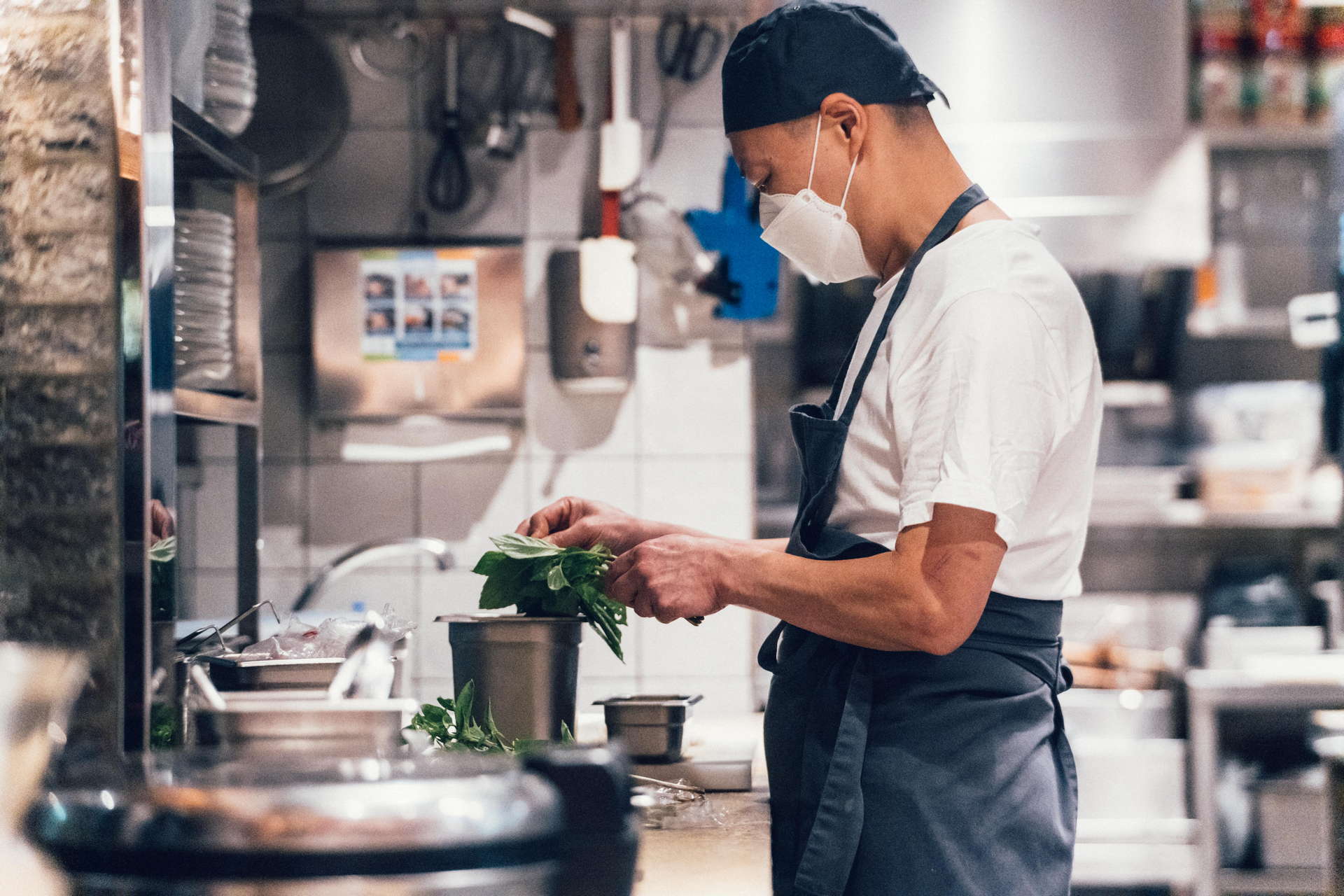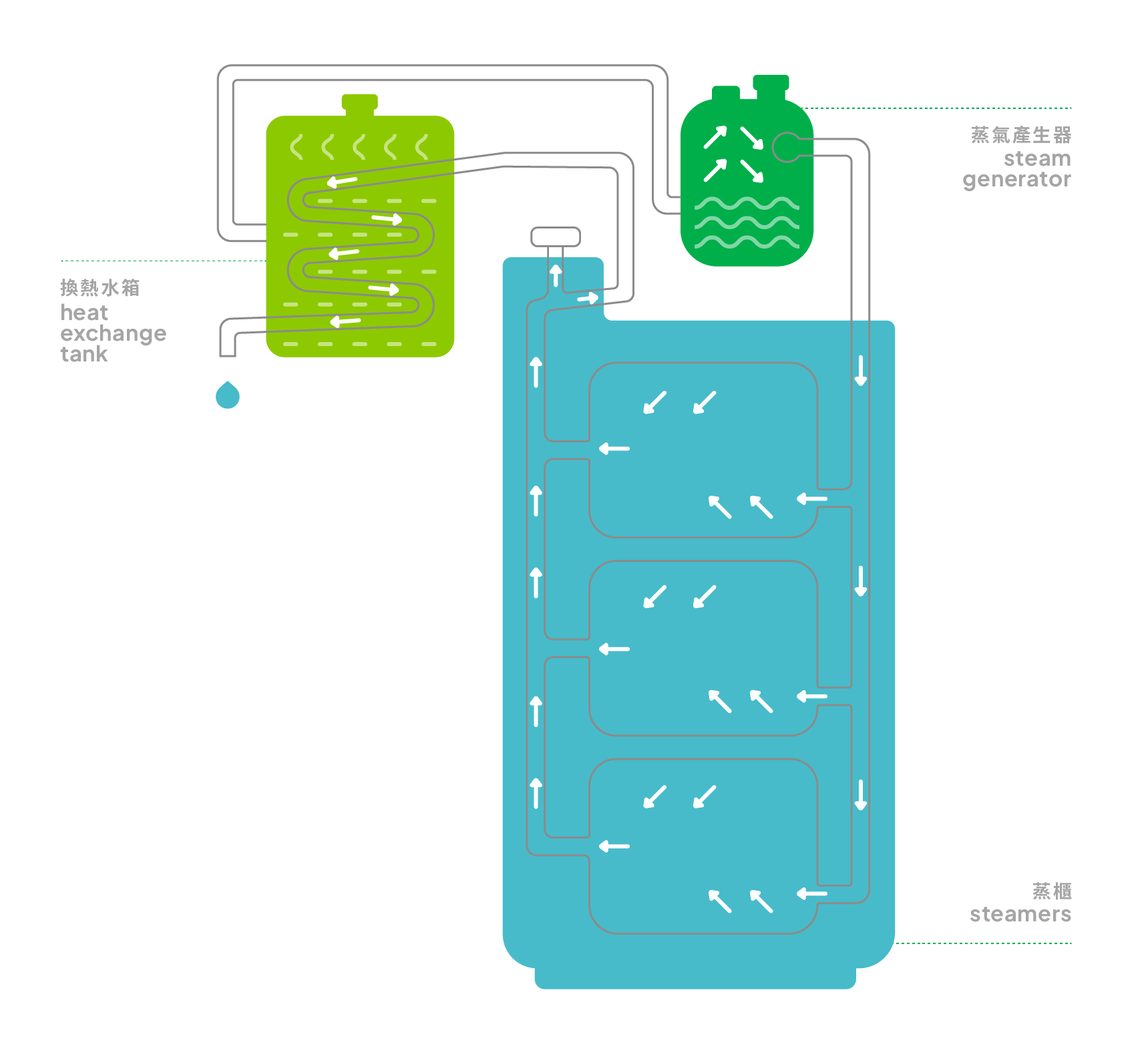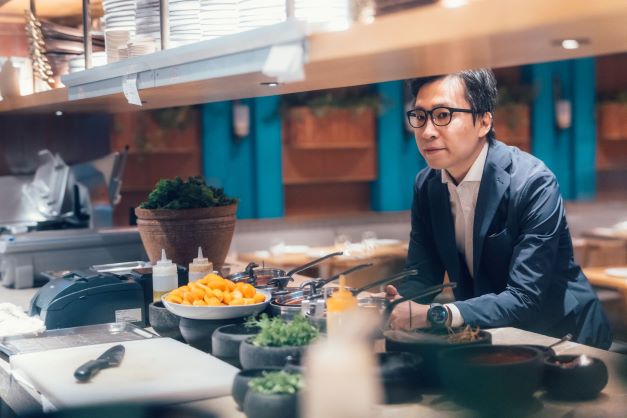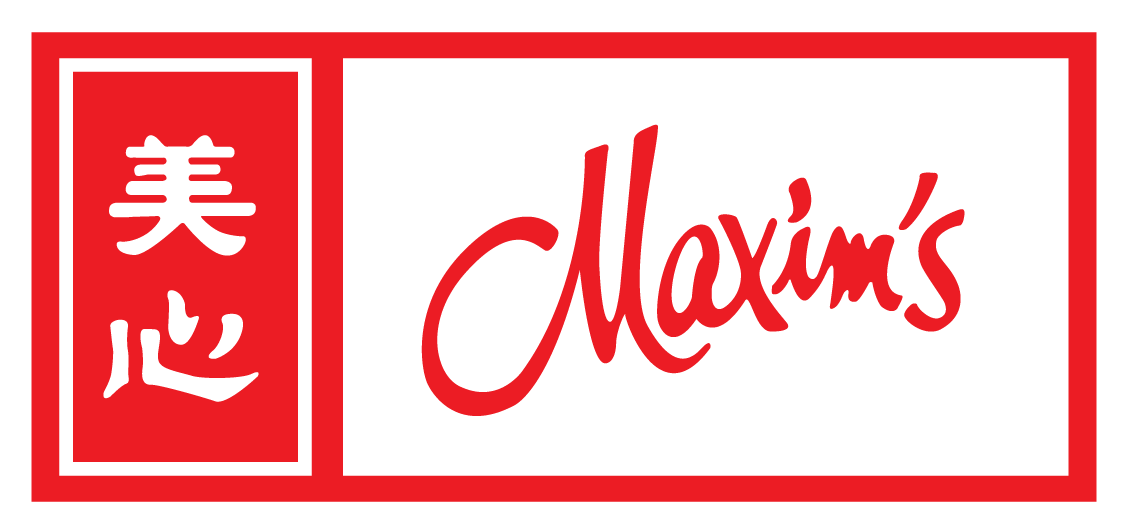"What upmost necessitous for start-ups is a job case, so it is a rare opportunity for a company willing to try new technology products developed locally in Hong Kong." Martin Zhu, co-founder of i2Cool
To survive the scorching desert, Saharan silver ants grow with unique hairs that reflect light like a prism. This natural curiosity inspired the i2Cool startup team at Hong Kong Baptist University to develop iPaint, an energy and refrigerant-free radiative cooling paint that can be applied directly to building facades, rooftops, and vehicle bodies. By blocking incoming radiance from the sun it creates a cooling effect, effectively reducing interior temperatures by 5-6℃.
Maxim’s Group is constantly on the lookout for new ways to facilitate energy and carbon reduction, and it soon saw the potential of the startup’s innovative idea. It is only natural for the two to come together to explore options for a decarbonizing trial in a real-life operational scenario.

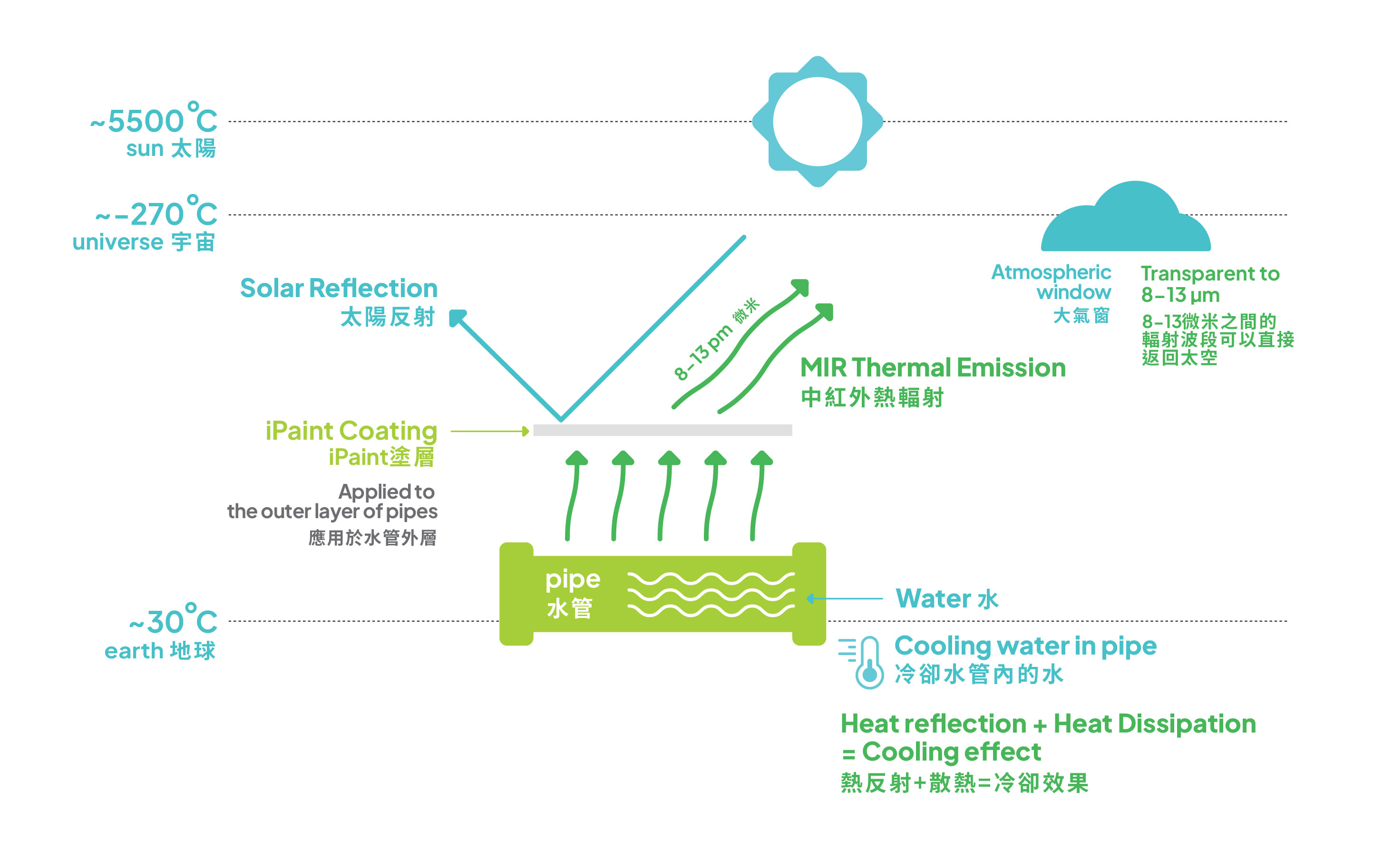

Though its vehicles rarely experience prolonged exposure to sunlight, Maxim’s and i2Cool decided to conduct a test run using Maxim’s transportation fleet to support decarbonization research and development. But as well as applying iPaint to some vehicles' roofs, the Maxim’s technical team found another test subject that was less obvious but no less critical, condensing water pipes of the Central air-conditioning system.
"The air-conditioning of the entire office building relies on the central water-cooled chiller system and dissipates heat through the cooling tower. Some of the condensing water pipes are vertical to the building, while the other horizontal ones must be exposed to the sun for a long time. One drawback is that they are susceptible to intense sunlight, leading to overheating and a need for increased power consumption to dissipate the heat.” explains Ken Ng, Infrastructure and Technology Project Manager of Maxim’s Group.
Maxim’s Group and the i2Cool team ultimately applied nearly 120 square meters of iPaint on the headquarters' rooftop and water pipes. Some areas were deliberately left unpainted in order to yield control data for future comparison.
"If the two parties hadn't deliberately explored the test site, no one would have considered trialing from the rooftop water pipe."
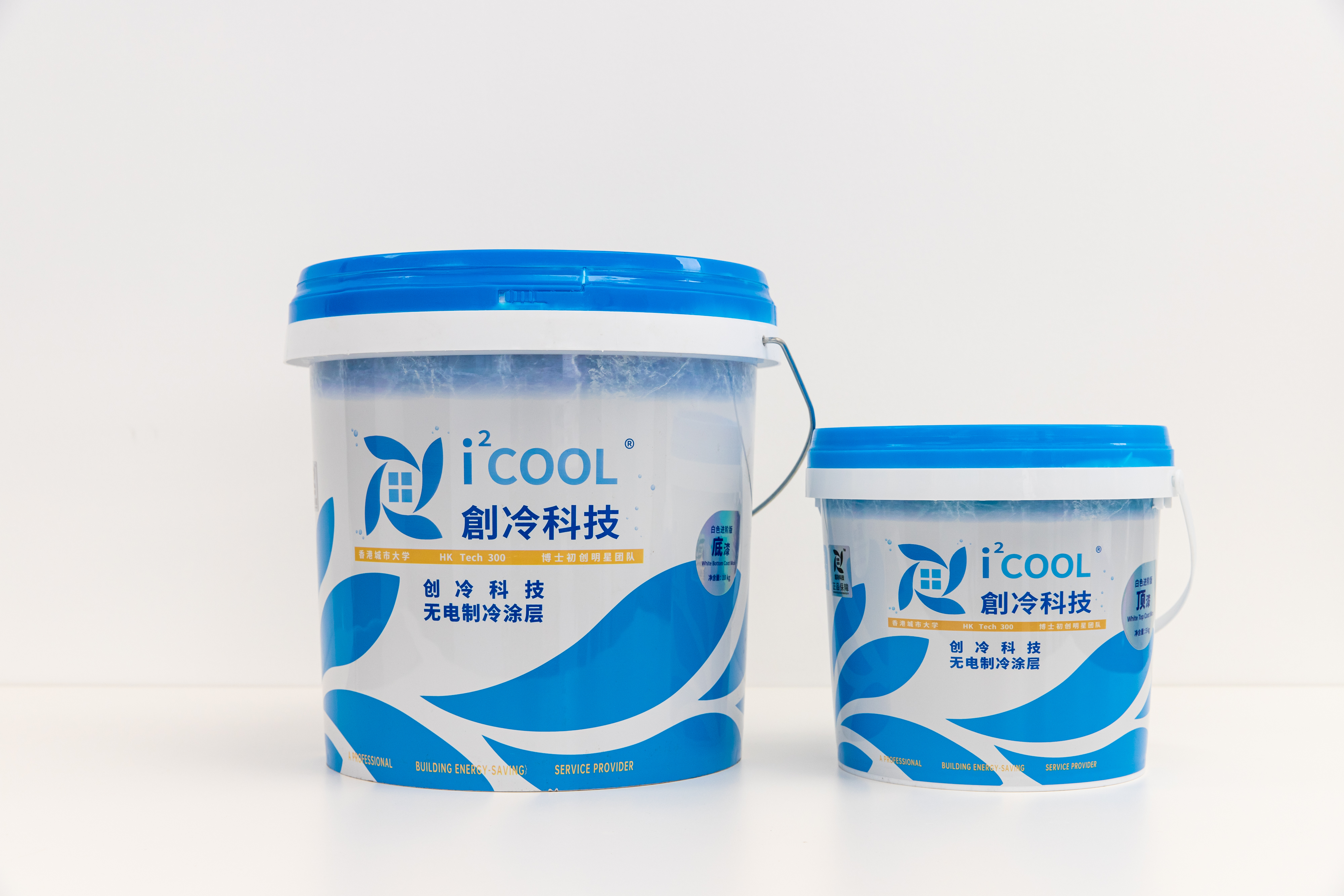
The professional research team at i2Cool includes professors, PhD graduates, and young scientists from the School of Energy and Environment, City University of Hong Kong, and Ken emphasizes that their cooling paint technology is unconventional and groundbreaking. To Maxim’s, this collaboration is less about reducing temperatures and cutting electricity bills, and more about creating synergy and mutual benefits by supporting local startups. Its significance is in exploring more possibilities for future environmental development.
"The experimental installation of iPaint on Maxim's Group Centre rooftop pioneered the application of iPaint’s outdoor equipment before we could successfully promote it to other buildings."


